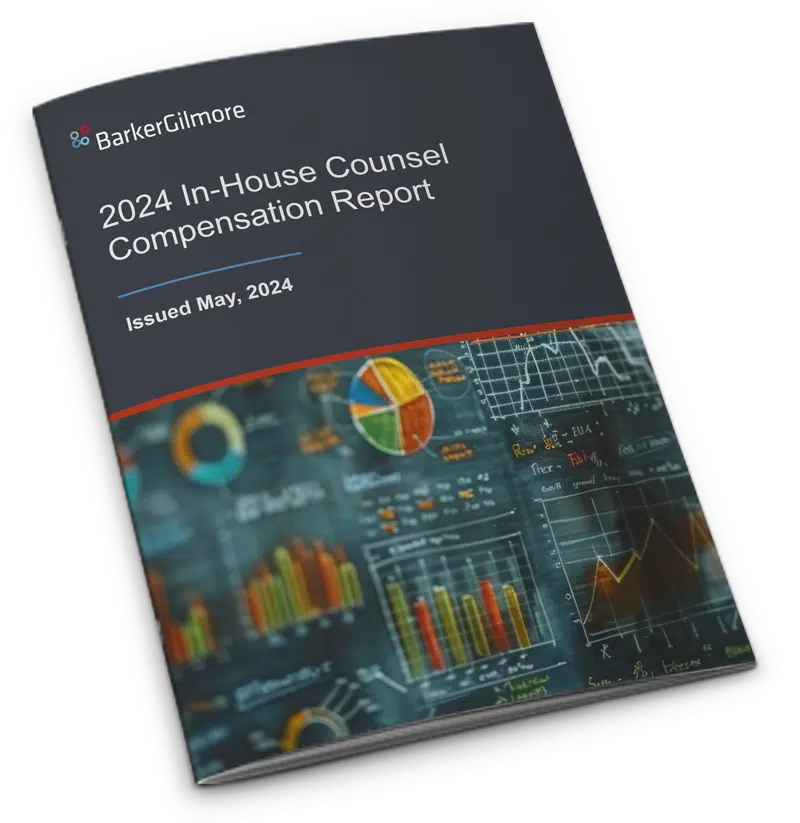In many ways, a candidate assessment is an elaborate charade in which a skilled interviewer attempts to read clues based on the most subtle factors, including appearance, tone and body language.
Even at the highest level of executive recruiting, candidates offer important information about themselves that may contradict what’s stated on their resumes.
Those hiring legal and compliance professionals must critically evaluate all available details to make a solid assessment.
As an interviewer, you should be able to spot these five common details candidates reveal about themselves even before a formal interview begins.
Their Professional Standards
In many cases, a candidate’s resume offers the first impression. At this level, it goes without saying that any serious candidate should have a flawless presentation. Assuming the candidate has thoroughly checked for spelling and grammar mistakes, there is still room for error. A resume that’s difficult to read or hastily formatted shows a lack of effort, indicating subpar standards.
After you’ve selected the best resumes, pay close attention to the quality of email communication you have with the candidates. How responsive are they to your inquiries? Can they write concisely and without typos? Do they ask thoughtful questions that show genuine interest? Consider all these factors before you determine which candidates are worth your time.
How Adaptable They Are
Interviews often need to be postponed or re-scheduled due to conflicts with the executive team. Watch closely to see how the candidate responds to changes or delays in the process. Are they able to rearrange their schedule to accommodate your needs, or does it create inconvenience? Early signs of frustration, a lack of patience or lack of cooperation reveal a candidate’s character.
Your next legal or compliance hire must be able to accommodate a variety of unforeseen circumstances. Don’t make the mistake of hiring someone who is inflexible or overly demanding.
Their Motivation Level
Candidates may say they’re excited about the opportunity, but their posture may tell another story. Slouching or leaning back may indicate laziness, while leaning forward signals confrontation. A candidate should maintain a neutral posture.
Body language offers other clues about a candidate’s attitude, including how approachable the candidate is. Crossed arms indicate defensiveness and resistance, while arms at the sides show a candidate is more likely to be approachable. Even excessive nodding can reflect poorly on a candidate, portraying them as someone who is eager to please rather than an influential decision maker.
How Well They Perform Under Pressure
Another key indicator is the candidate’s comfort level with the interview process. Legal counsel and compliance responsibilities are inherently stressful, so you want to hire someone who is not easily shaken.
BarkerGilmore Managing Partner John Gilmore said the No. 1 knock-out factor for an attorney interviewing for a position is appearing nervous in an interview. Lawyers are going to be in stressful situations where there are high stakes involved. If they can’t come to an interview and be comfortable, they’re not going to be a good fit.
Whether They’re a Good Fit for Your Corporate Culture
We’ve all seen candidates who came to an interview wearing less than professional attire, but it’s also possible to be overdressed. Jeans and hooded sweatshirts are part of the dress code at some tech companies, particularly on the West Coast. At manufacturing companies, a sensible pair of closed-toed shoes is often a safety requirement on the plant floor. A candidate who arrives to an interview for a Midwest manufacturer may not be a good fit if he or she looks more suited for a high-fashion runway show.
If they want to be taken seriously at an interview, candidates should dress to fit in, not stand out. They should learn enough about your company before the interview to plan accordingly.
When you meet a candidate in person, be aware of other signs that reveal their level of interest and personality traits. That includes appearance, demeanor and tone.
These silent clues are important, but they only provide part of the picture. A proper candidate assessment examines all areas, from job skills to less quantifiable traits such as leadership ability. For a complete look at the assessment process, including key questions to ask, download our free guide, “8 Ways to Effectively Assess Legal and Compliance Candidates.”
Connect with a legal recruiting advisor
* indicates required fields







